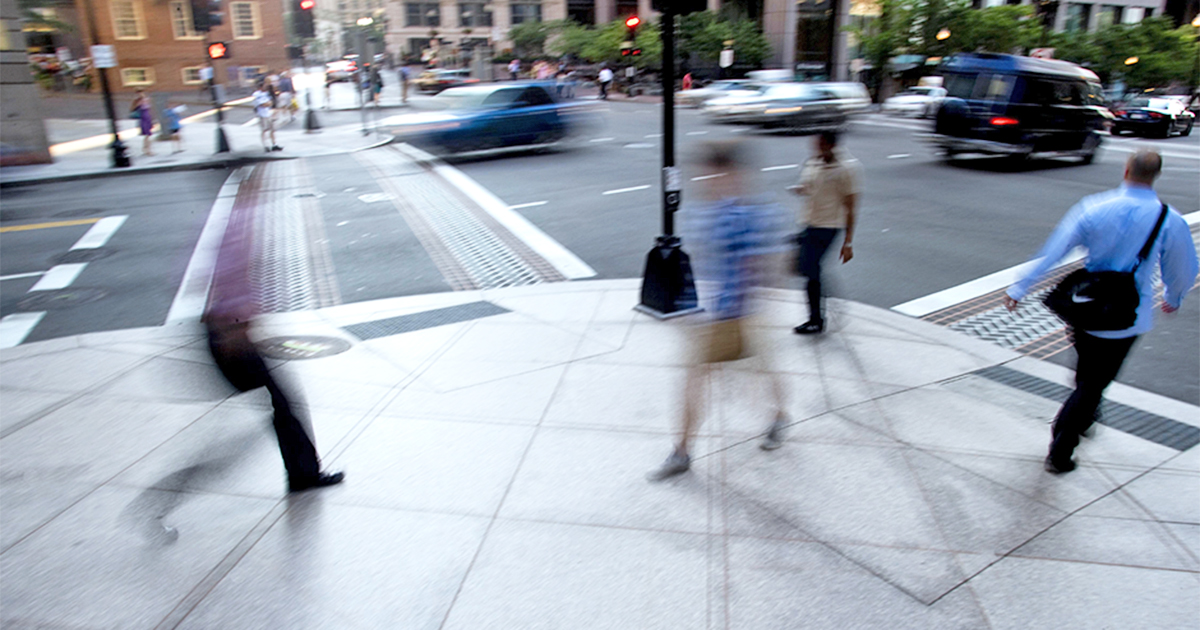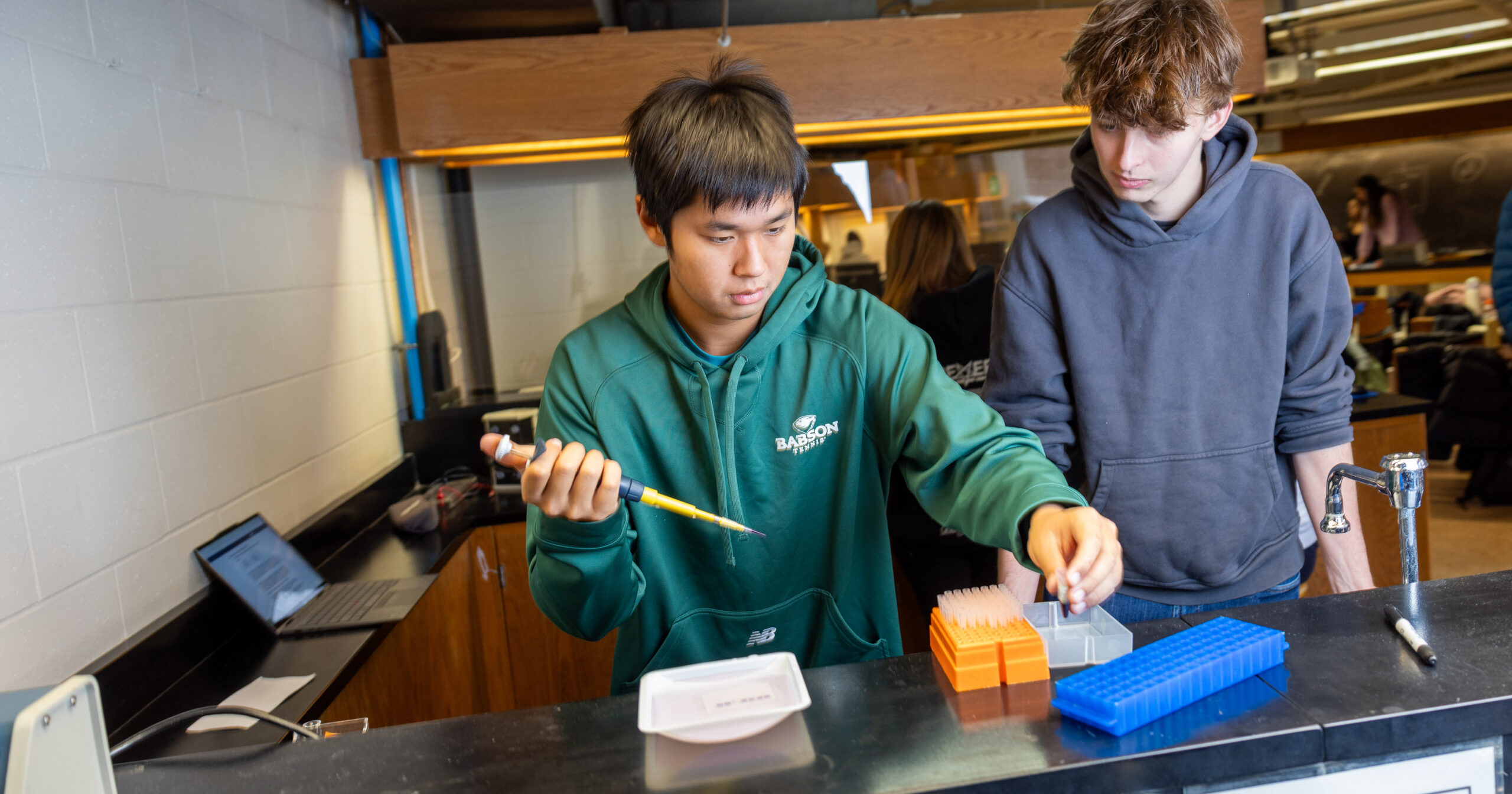Boston Rising: Uncovering the Hub’s Entrepreneurial Ecosystem

Boston proudly leads the nation in higher education, health care, and life science innovation. While Silicon Valley has earned its reputation as the hub of startup activity, Boston’s entrepreneurship ecosystem is steadily growing and thriving. According to a report from the National Venture Capital Association, Massachusetts entrepreneurs received more than $3 billion in funding in 2012 for 410 deals. In fact, the Commonwealth received more funding than all other states except California, and its slice of the pie accounts for more than 11 percent of the total amount of investment capital distributed nationwide.
Financial investments are only one way to take the pulse of Boston’s innovation economy. Since former Mayor Thomas Menino announced his administration’s vision for the waterfront Innovation District in early 2010, the neighborhood has attracted new businesses, restaurants, and galleries. To date, more than 5,000 jobs with 200 new companies have been created in the 1,000-acre neighborhood along Fort Point Channel and the seaport, and at least 2,500 more jobs are on the way, according to the Mayor.
Daniel Isenberg, professor of entrepreneurship practice at Babson Global, is an expert in entrepreneurship ecosystems. His work with the Babson Entrepreneurship Ecosystem Project takes him to cities around the world, teaming up with local leaders to foster high growth entrepreneurship as an economic strategy. “These projects typically start with any public or private leader who really believes that entrepreneurship is one of the most, if not the most important drivers for creating economic and social value,” says Isenberg. “But very soon in the process, we involve more than just those early champions. Fostering entrepreneurship is dependent on a broad variety of factors.”
To Isenberg’s point, successfully catalyzing entrepreneurship depends on several interlinked levers. Hospitable government policy, plentiful resources for entrepreneurs, and a willing market of potential customers are all positive indicators. The interplay between these elements changes depending on each ecosystem’s unique character and culture. However, fruitful entrepreneurship ecosystems such as Boston’s are strong across all of these elements.
Entrepreneurs reap the benefits of supportive governmental policy and leadership. Since 2010, Menino’s consistent refrain has been that the Innovation District is a place to live, play, and work. The administration and the Boston Redevelopment Authority (BRA) have cultivated a sense of energy, engagement, and openness in this neighborhood, inviting entrepreneurs to participate.
Simultaneously, large corporations and local real estate developers have offered their support through sponsorship, mentoring, and donated workspace. Some real estate developers have donated portions of their buildings for entrepreneurship and innovation. For example, the global startup competition and accelerator MassChallenge operated out of donated space in a high rise for its first 4 years. It is now headquartered in 26,000 square feet of space in the Innovation and Design Building, down the street from its former home.
“By supporting startups, we can all do better and improve the community,” says CEO John Harthorne. Four years ago, MassChallenge itself was at an earlier stage than more than 60% of the startups it supported. “Truthfully, I thought we would be way bigger way faster than we were,” says Harthorne. MassChallenge’s numbers drive Harthorne’s ambitious expectations; more than 489 startups have gone through the program, raised a combined $600 million in outside funding, created 4,000 jobs, and have generated approximately $350 million in revenue.
On the residential side, the Factory 63 development on Melcher Street includes 38 apartments, five studio/living units for artists, and shared community spaces to spark interaction and attract entrepreneurs. This intersection of artists and entrepreneurs is a hallmark of a strong ecosystem; the two groups thrive on the creative energy each brings to the district. For example, the Design Museum recently began a six-month installation of work and art highlighting the personality of the Innovation District. One such project is the Street Seats Design Challenge, a contest to create public seating from sustainable materials that eventually will be installed throughout the neighborhood. Another exhibit explores micro apartments and other creative uses for urban space.
Both individual entrepreneurs and businesses in the Innovation District are enthusiastic about the role they play in building this community. Established companies are moving into the neighborhood, often relocating from the suburbs in order to take advantage of the networking and energy now found on the waterfront. Brightcove, a cloud content service provider with 12 offices in nine countries, moved its headquarters to Boston’s Innovation District in early 2012. Vertex Pharmaceuticals will relocate more than 1,400 Massachusetts employees to its new, 1.1 million square-foot headquarters by mid-2014. And with Battery Ventures’ planned move from nearby Waltham, the neighborhood will add a major venture capital tenant.
One of the region’s defining characteristics is abundance of higher education institutions located in the greater Boston area. The wealth of talent Boston cultivates across its colleges and universities provides a strong pipeline for its entrepreneurship ecosystem. Babson College has a satellite campus in the Innovation District for graduate school courses, lectures, and events, and is an important part of the neighborhood’s supportive infrastructure. Startups founded by MIT, Boston University, and Babson College alums call the Innovation District home. Now, local students looking to join the startup world have more options in Boston than ever before. This steady supply of young, educated talent will fuel Boston’s growing innovation economy.
Just like its startup tenants, in many ways the Innovation District itself is an entrepreneurial experiment. The City of Boston has laid out its strategy for fostering entrepreneurship and developing the city’s ecosystem. Entrepreneurs have been encouraged through supportive government policy and infrastructure, and Boston continues to invest in buzz-building and marketing the neighborhood’s success stories. But what comes next?
“Our progress in the Innovation District is real,” says former Mayor Menino. “Innovation is raising our game here on the waterfront, and across our city.” In addition to pointing out the neighborhood’s continued stream of new startups and restaurants, Menino has his sights set on encouraging women entrepreneurs in particular. “We will open up new fields to more women and better connect them to one another, and are committed to making our city a premier place for women entrepreneurs to call home.”



